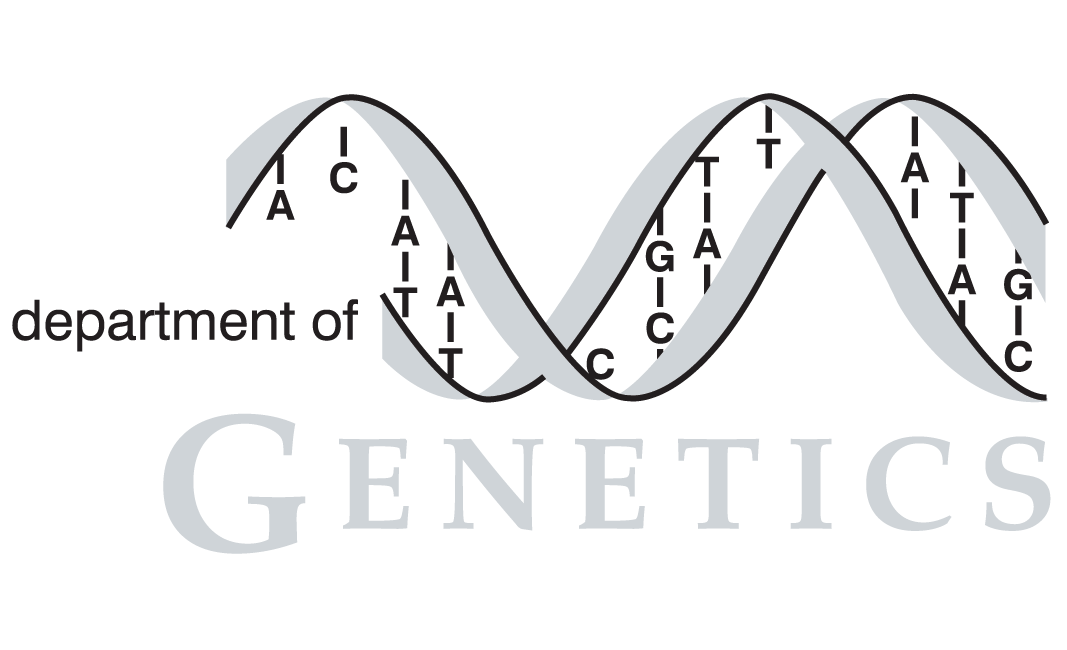| Citation | Tarrant DJ, Stirpe M, Rowe M, Howard MJ, von der Haar T, Gourlay CW. Inappropriate expression of the translation elongation factor 1A disrupts genome stability and metabolism. Journal of cell science, 2016. |
| PubMed ID | 27807005 |
| Short Description | Inappropriate expression of the translation elongation factor 1A disrupts genome stability and metabolism. |
| # of Conditions | 6 |
Full Description

|
The translation elongation factor eEF1A is one of the most abundant proteins found within cells, and its role within protein synthesis is well documented. Levels of eEF1A are tightly controlled, with inappropriate expression linked to oncogenesis. However, the mechanisms by which increased eEF1A expression alters cell behaviour are unknown. Our analyses in yeast suggest that elevation of eEF1A levels leads to stabilisation of the spindle pole body and changes in nuclear organisation. Elevation of the eEF1A2 isoform also leads to altered nuclear morphology in cultured human cells, suggesting a conserved role in maintaining genome stability. Gene expression and metabolomic analyses reveal that the level of eEF1A is crucial for the maintenance of metabolism and amino acid levels in yeast, most likely because of its role in the control of vacuole function. Increased eEF1A2 levels trigger lysosome biogenesis in cultured human cells, also suggesting a conserved role within metabolic control mechanisms. Taken together, our data suggest that the control of eEF1A levels is important for the maintenance of a number of cell functions beyond translation and that its de-regulation might contribute to its oncogenic properties. |
Tags
 |
Contact: sgd-helpdesk@lists.stanford.edu


